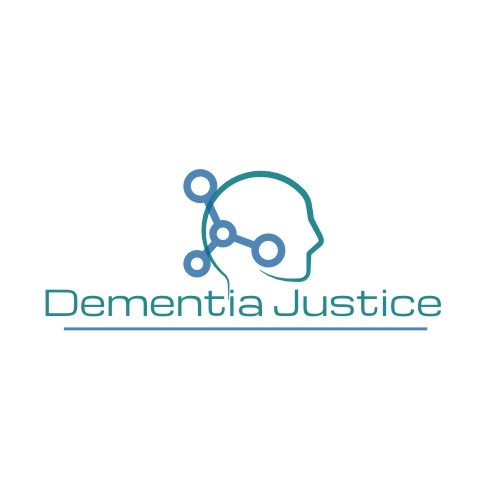Despite recent changes to B.C.’s care-home admission legislation, seniors with dementia remain at risk of forced psychiatric treatment. As such, the provincial government continues to undermine the Supreme Court of Canada’s position that the right to refuse unwanted mental-health treatment “is fundamental to a person’s dignity and autonomy.”
Under B.C.’s Mental Health Act, involuntary patients can be given psychiatric treatment without consent. Regardless of their mental capacity, they can be forcibly restrained and injected with medication. They can be subjected to electroconvulsive therapy. They can be placed in seclusion.
While detainees can be released on extended leave from a mental-health unit, they can still be forced to undergo psychiatric treatment while living in the community.
In recent decades, if a senior could not be persuaded to move into a care home, the act’s extended leave provision has sometimes been inappropriately used to force admission. In the home, they could still be given psychiatric treatment without consent.
In 2012, the B.C. Ombudsperson reported that there were at least 100 seniors living in residential care as involuntary patients. At the time, it was hoped that anticipated changes to the care-home admission legislation would reduce the number of seniors who were controlled by the Mental Health Act.
The long-awaited reforms became law in November 2019. The new provisions establish a consent process for moving into residential care. They state that an adult can be admitted to a care home only if the adult or their substitute decision-maker consents to admission, or in an emergency.
In its policy guidelines, the government explains that these admission provisions apply to involuntary patients on extended leave. That is, a care home must not admit an involuntary patient unless the adult or their substitute consents, or if it is an emergency.
It is unclear what happens if an involuntary patient or their substitute does not consent. In non-emergency situations, they might be detained in hospital for a prolonged period. This can lead to suboptimal outcomes, since some mental-health units may not have specialized programming for older adults, including those with dementia and other age-related conditions.
Even more, the recent reforms do not explicitly prevent health authorities from continuing to use the Mental Health Act to force psychiatric treatment. As the new guidelines state, involuntary patients on extended leave in a care home continue to receive treatment without consent. The new law places limits on the use of restraints, but it is unclear whether these provisions robustly protect involuntary patients who are receiving non-consensual psychiatric treatment.
To be sure, in some cases, invoking the Mental Health Act can be appropriate; however, it is potentially an improper tool when used against persons with dementia. Indeed, during a 1993 debate in the provincial legislature, an opposition member asked whether Alzheimer’s disease is the kind of condition that comes under the Act. The attorney general responded: “One is almost never committed as a result of Alzheimer’s, so we are talking about something else here.”
Yet current evidence suggests otherwise. For instance, in its 2017 publication Operating in Darkness, the Community Legal Assistance Society reported that although the act is generally assumed to apply to persons with major mental illnesses such as schizophrenia and bipolar disorder, there were concerns that the legislation was increasingly being used against seniors with dementia for reasons other than administering psychiatric treatment.
While well-intentioned, these purposes included providing physical health care or supports and services that were not available in the person’s home environment. On its face, these uses may not appear problematic; however, given the serious loss of liberty that accompanies involuntary status, it is worrisome that the act’s scope is creeping beyond its intended purpose.
As neurodegenerative diseases, Alzheimer’s and other forms of dementia do not fit neatly into a system designed to treat mental illness. People with dementia can exhibit fluctuating psychiatric symptoms such as hallucinations, but their condition is likely to get worse over time. Becoming an involuntary patient can thus lead to an ongoing cascade of liberty deprivations.
While the government should be applauded for activating the care-home admission provisions and weakening the Mental Health Act’s availability as an unconstitutional backdoor, more must be done in law to protect seniors with dementia from being treated without consent. Otherwise, this population may continue to experience a significant loss of dignity and control over their bodily integrity.
Heather Campbell Pope is a former B.C. lawyer and founder of Dementia Justice Canada.



